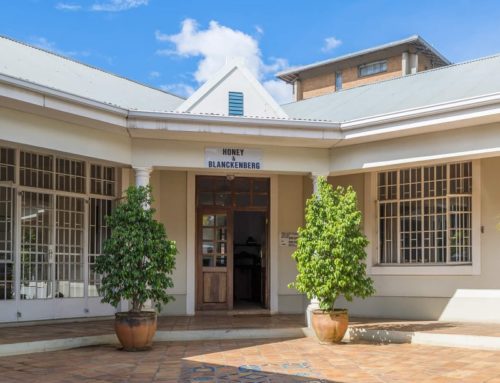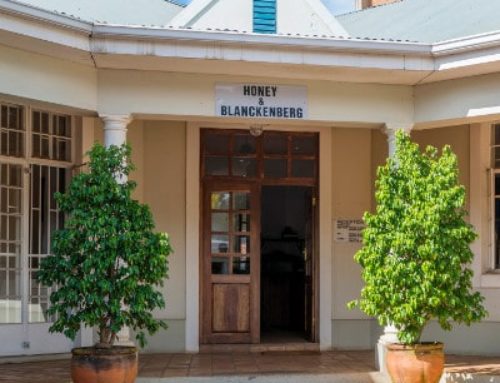The African Regional Intellectual Property Organization (ARIPO) is an intergovernmental organisation which was created by a Diplomatic Conference held in Lusaka, Zambia on 9 December 1976 by several African countries which agreed to establish ARIPO with the objective of, among other things:
- promoting the harmonisation and development of the intellectual property laws of member states
- establishing common services and organs for the coordination, harmonisation and development of the intellectual property activities affecting its members
- establishing schemes for the training of ARIPO staff in the administration of intellectual property laws
- assisting its members in the acquisition and development of technology relating to intellectual property matters
ARIPO has over the years adopted and implemented various intellectual property Protocols that govern the grant, registration and administration of various intellectual property rights on behalf of member states that are party to the various Protocols and whose national laws recognise such intellectual property rights, namely:
- the Harare Protocol on Patents, Industrial Designs and Utility Models which empowered ARIPO to grant patents and to register industrial designs and utility models and to administer such patents, industrial designs and utility models on behalf of member states in accordance with the provisions of the Protocol.
- the Banjul Protocol on Marks within the framework of ARIPO which empowered ARIPO to register and administer marks in accordance with the provisions of the Banjul Protocol.
- the Swakopmund Protocol on the Protection of Traditional Knowledge and Expressions of Folklore within the framework of ARIPO which empowered ARIPO to register and administer transboundary traditional knowledge and transboundary expressions of folklore in accordance with the provisions of the Swakopmund Protocol.
- the Arusha Protocol for the Protection of New Varieties Of Plants which empowered ARIPO to grant breeders’ rights and to administer such breeders’ rights folklore in accordance with the provisions of the Arusha Protocol.
The advantage with the ARIPO system is that it allows local, regional and international proprietors of those intellectual property rights recognised under ARIPO laws and protocols and domesticated in the national laws of member states the convenience of filing a single application in ARIPO for the protection of the intellectual property right in one or more of the 18 member states which is more cost effective than filing several national applications directly in such member states for protection of the same rights.
The provision for substantive examination of patent applications filed in ARIPO is beneficial to applicants whose countries of nationality or principal place of business only conduct formal examination as that increases the probability of the ARIPO patent holder being able to defend any legal challenge.
Apart from the ability to file and prosecute intellectual property matters electronically, the administration of intellectual property rights filed and registered in ARIPO is centralised thereby shortening the time within which administrative matters are dealt with. Examples are the maintenance of ARIPO applications and registered rights, the recordal of any changes in the registered particulars of proprietors, any reduction in the territory in which an intellectual property right will have effect, transfers of ownership, and recordals of licensing agreements.
In circumstances where the ARIPO Office has refused to grant a patent even after reconsidering its initial refusal, the Harare Protocol conveniently permits an applicant to file a central appeal appeal against such decision to an ARIPO Board of Appeal whose decision shall be final.
Intellectual property rights granted or registered in ARIPO under its various Protocols are subject to the national laws of member states on compulsory licences, forfeiture, cancellation, use of in the public interest, cancellation or invalidation.
Similarly, actions for infringement of ARIPO registered rights are available in the member state within which such intellectual property rights are being infringed or contested.
SN Moyo
Senior Partner
Intellectual Property Department


